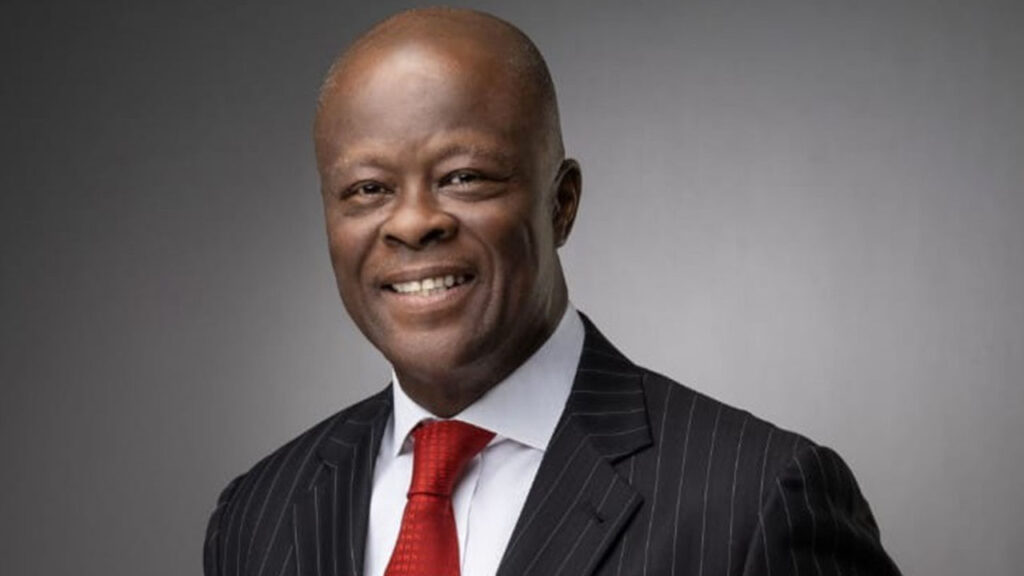
The call for increased investments and trading partnerships from member countries of the Group of Twenty-Four was reiterated by the Federal Government during the World Bank-IMF Spring Meetings in Washington DC. Representing the Minister of Finance and Co-ordinating Minister of the Economy, Mr. Wale Edun, was Mr. Ben Akabueze, the Director General of the Budget Office of the Federation.
The Group of 24, formed in 1971, comprises developing nations collaborating to align their positions on international monetary policy and development financing issues.
In a statement released by Mohammed Danjuma, the Director of Information and Public Relations at the Ministry of Finance, the Minister highlighted the Nigerian Government’s implementation of various intervention programs and robust policies under President Bola Tinubu’s administration, which have begun to show positive effects in reducing the disparity between the parallel market and the official Nigeria Foreign Exchange Market rates.
Nigeria’s attractiveness for foreign investments across sectors like manufacturing, agriculture, and oil and gas was emphasized by Edun. He also mentioned Nigeria’s vast arable land, second only to Brazil, as a potential opportunity to become a major food exporter instead of an importer.
In response to a Russian journalist’s query, he pointed out the last significant investment from Russia, the Ajaokuta Steel Company. He defended the strategy of prioritizing meeting domestic petroleum product demands before considering exports from the Dangote Refinery, questioning the logic of exporting refined products while still importing them from Europe.
Edun reassured everyone that the capital component of the 2023 supplementary budget would be executed until June, reflecting the government’s commitment to impactful development. He also confirmed that the 2024 budget is being implemented as planned, promising enhanced welfare for citizens.
Nigeria’s proactive steps towards economic repositioning and willingness for international collaboration for mutual growth and stability were highlighted in the statement, stating, “The Federal Government stresses the importance of investment and enhanced trading relationships from G-24 member countries to support the country’s growth and ensure a stable economy, bringing calmness to the volatile foreign exchange market.
“The Minister informed the G-24, a group coordinating developing countries’ positions on international monetary and financial issues, that the Nigerian Government’s intervention programs and policies have started yielding positive outcomes under the Bola Ahmed Tinubu-led administration.
“Efforts towards economic repositioning have significantly narrowed the gap between the parallel market and the Nigeria Foreign Exchange Market exchanges.”
